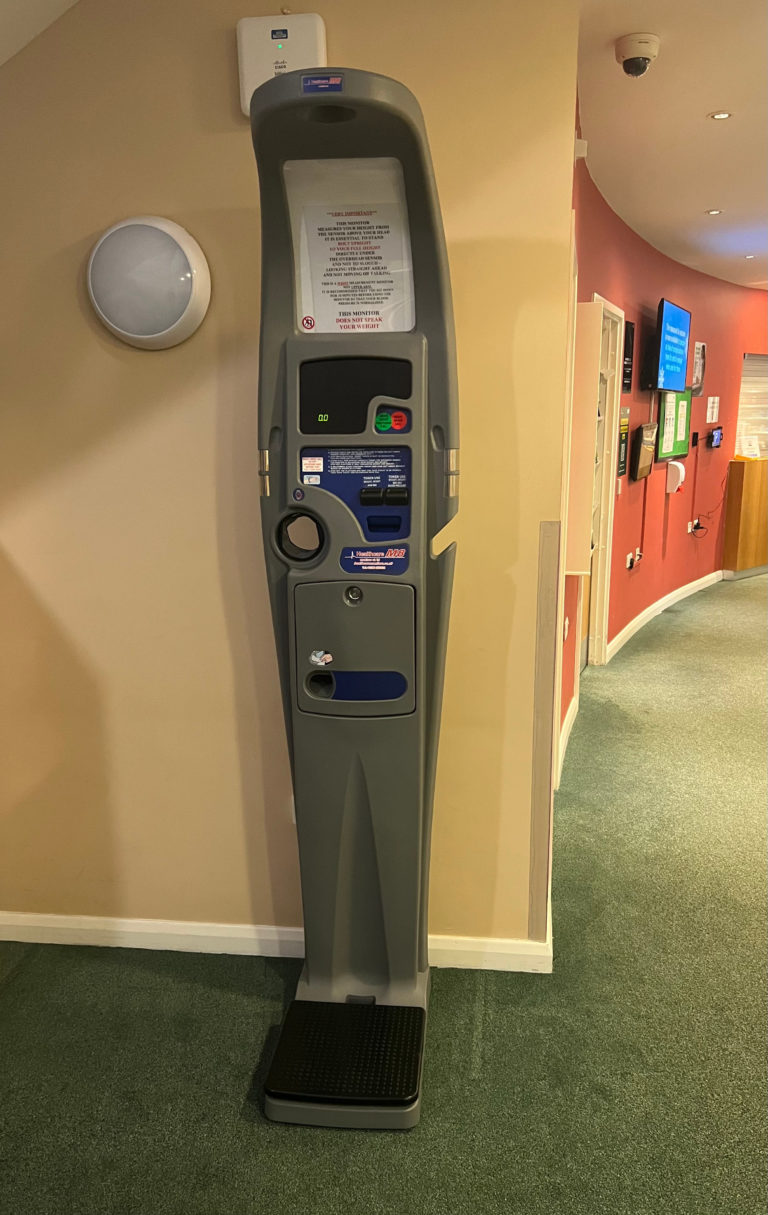Obesity is a serious health concern that increases the risk of many other health conditions, including Type 2 Diabetes, cardiovascular disease, joint problems, mental health problems, and some cancers. There is also evidence to suggest that people living with obesity are at higher risk of the more severe outcomes associated with COVID-19.
Welcome to the NHS Digital Weight Management Programme
The programme offers free, online access to weight management services for those who have a BMI greater than 30 and who also have diabetes or high blood pressure, or both. The BMI threshold will be lower at 27.5 for people from Black, Asian and ethnic minority backgrounds, as we know people from these ethnic backgrounds are at an increased risk of conditions such as Type 2 diabetes at a lower BMI. The NHS Digital Weight Management Programme is an accessible and convenient way to help you develop healthier eating habits, be more active and lose weight. You will only be able to access this programme if you have a smartphone or computer with internet access.
How long is the programme? The programme takes 12 weeks to complete. What does the programme involve? The programme will support you to develop healthier eating habits, be more active and lose weight, with lots of structured support available on your smartphone, tablet or computer. How much does it cost? The programme is free. What happens next? Step 1: After you have been referred to the programme by your general practice, you will be contacted via text message or email within 2 working days. This message, from ‘NHS WMP’, will contain a link to a website from which you can access the list of available programmes. If you are unable to receive text messages or access the internet, you will instead receive a phone call directly to your landline or mobile. You will also receive a phone call directly to your landline or mobile if you need alternative language options. Step 2: From the website, you will be asked to confirm your date of birth and ethnicity to get started. You will also be asked for some information to help us find a list of programmes that are suitable for you.
Step 3: You can read about the different 12-week weight management programmes on offer to help you make positive changes to your health. You can choose the service provider who you think will work best for you. Step 4: Once you have chosen your provider, the information you provide will be passed on to them, and there’s nothing more you need to do until the provider contacts you, which should be within 10 days. You can then begin your 12-week weight management programme. It can be tough to make changes but with our digital support you can take control of your weight and significantly reduce further health risks, all in your own time, at your own pace.
You can find more information about the programme on the NHS website: www.england.nhs.uk/digital-weight-management

